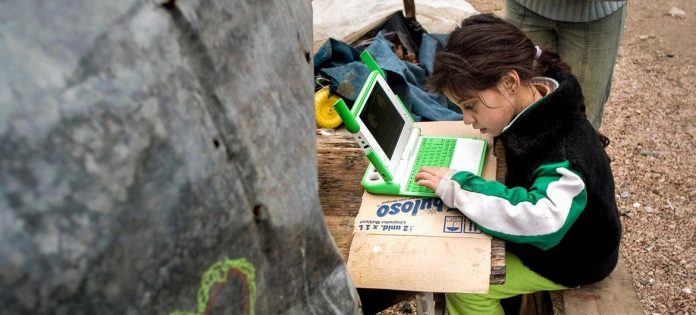In war-torn regions across the globe, the United Nations is working to restore a lifeline for millions of children: access to education. From underground classrooms in Ukraine to solar-powered tablets in Sudan, innovative efforts are underway to ensure learning doesn’t stop, even in the most challenging conditions.
According to the UN, 234 million school-aged children are affected by conflict globally, with 85 million of them completely out of school. “These are not isolated crises,” says Helena Murseli, who leads UNICEF’s Global Education in Emergencies programme. “They are part of a growing global pattern that’s stripping children of their right to learn.”
When Schools Become Casualties of War
In Gaza, the education system has been decimated. Over 95% of the infrastructure has been damaged or destroyed, leaving nearly 660,000 children without access to school. Many UN-run facilities are now makeshift shelters for displaced families.
Despite the devastation, UNICEF and UNRWA have reached more than 68,000 children through temporary classrooms and psychosocial support. In a striking example of resilience, school furniture is being built from recycled pallets, and shipping boxes are transformed into makeshift desks. Digital learning tools are also being distributed, helping nearly 300,000 Palestinian children continue their studies.
Sudan: The World’s Largest Education Crisis
Sudan now faces the largest education emergency on the planet. An estimated 19 million children are out of school due to ongoing conflict, and 90% of schools nationwide are closed.
To address the crisis, UNICEF operates over 850 “Makanna” centres—safe spaces where more than 2.4 million children have returned to school. Solar-powered tablets are helping bridge the digital divide in remote areas, and a $400 million UN-backed education plan is working to restore access to learning and vocational training.
Ukraine: Learning in the Line of Fire
In Ukraine, 5.3 million children are grappling with disrupted education as the war continues. Some 115,000 children have no access to school at all. Amidst regular power outages and airstrikes, UNICEF has adapted by turning metro stations and bomb shelters into classrooms. Over 150 learning centres have been established in frontline areas, offering catch-up lessons in math and Ukrainian language.
Yet, in regions under Russian control, children face additional challenges. The UN Human Rights Office reports that Ukrainian language instruction has been banned, and a militarised curriculum imposed—violations of international law that further jeopardize children’s right to education.
A Call for Urgent Action
Despite the growing need, education in emergencies remains underfunded—receiving only 3% of humanitarian aid globally. With humanitarian budgets facing cuts of up to 45% this year, Ms. Murseli warns that the future of millions of children hangs in the balance.
“Education isn’t just a basic service,” she says. “It’s a stabilising force, a tool for protection, and a pathway to long-term recovery. Without it, we risk losing a generation to crisis.”
Bottom line: As conflicts intensify worldwide, education must be treated not as an afterthought, but as a priority. The global future depends on it.




